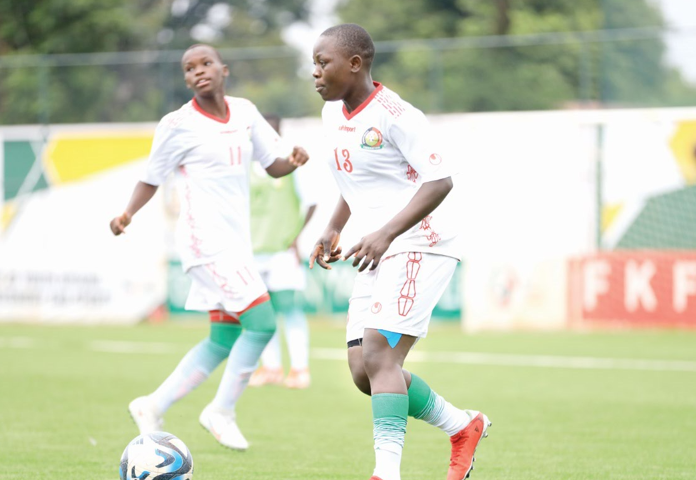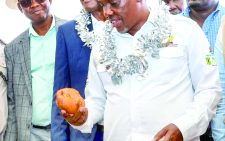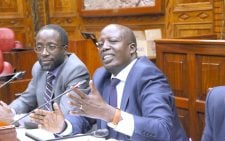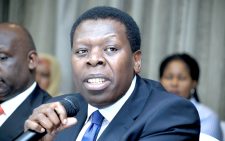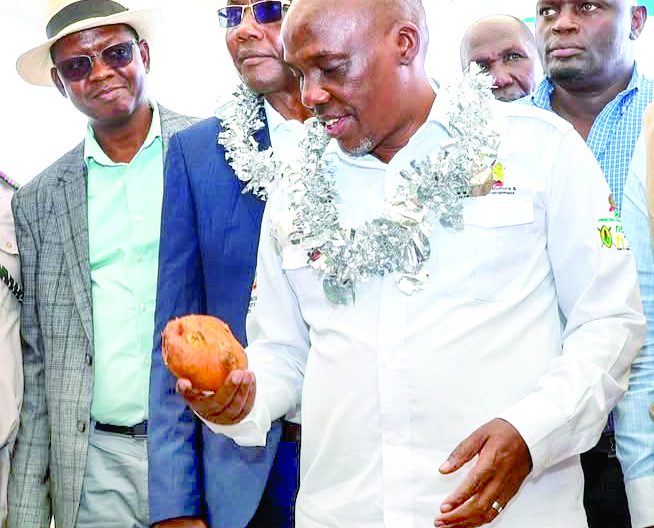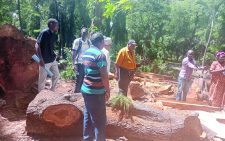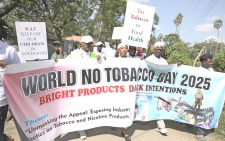Cushion the poor from socio-economic shock
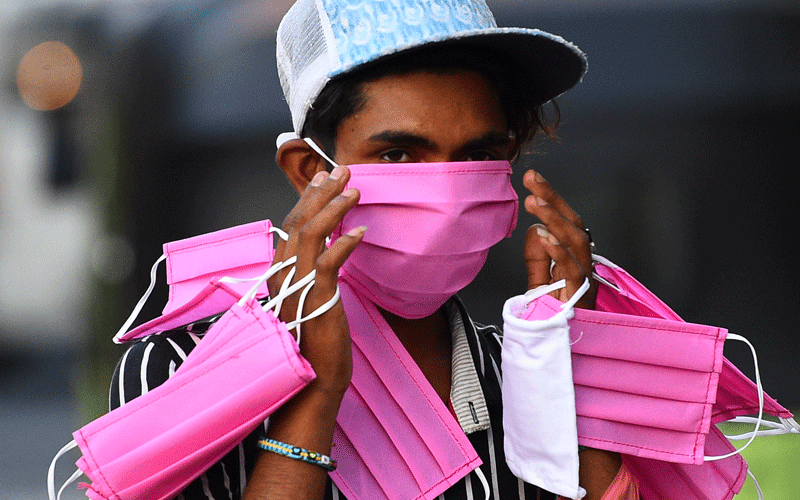
Amid the anxiety and fear that has gripped the country over the coronavirus pandemic, President Uhuru Kenyatta had some positive news — faster and wider access to Internet coverage.
Although it may appear remote during such stressful socio-economic times, the unveiling of Google Loons deal is a milestone.
It will enable communication and surveillance by government of any phenomena such as disease outbreaks, locusts invasion, flooding and security related issues across the country and thus activate faster and timely response by relevant State agencies.
The timeliness of the agreement between the Kenya Civil Aviation Authority (KCAA) and Google is critical at a time most companies are asking their workers to work from home and keep social distance to prevent the spread of Covid-19.
This is the technological access those grounded by the pandemic need to socially and economically function following the closure of markets, churches, mosques and entertainment joints.
It will also come in handy in e-learning following the premature closure of schools and colleges, besides enhancing connection to emergency services and family, even during isolation.
While, such positive moves are welcome, the State must, however, keep its eyes on the bigger picture and especially the most vulnerable in the face of the pandemic.
It is important to note that even after banks gave borrowers relief on loans, a majority of Kenyans who work in the informal sector where jobs and income are oftentimes unpredictable, will need some cushioning in the form of cash and food aid.
For these hardworking Kenyans, the slowdown and disruption of their source of livelihood is subjecting them to slow and painful death as they don’t have the means for survival.
Kenya finds itself in a Catch-22 situation, given that the economy is reeling from economic shocks and has little resources set aside for such eventualities.
But this class of people must be protected not only from mass contamination, but also from themselves given the population density in very crowded neighbourhoods.
While we cannot compare ourselves with Italy, China and the US, the dreadful reality of the urban poor is frightening.
The State must start to gauge the situation of the supply chain should there be a lockdown, look into how basic things such as water, food and medication can reach vulnerable Kenyans.
